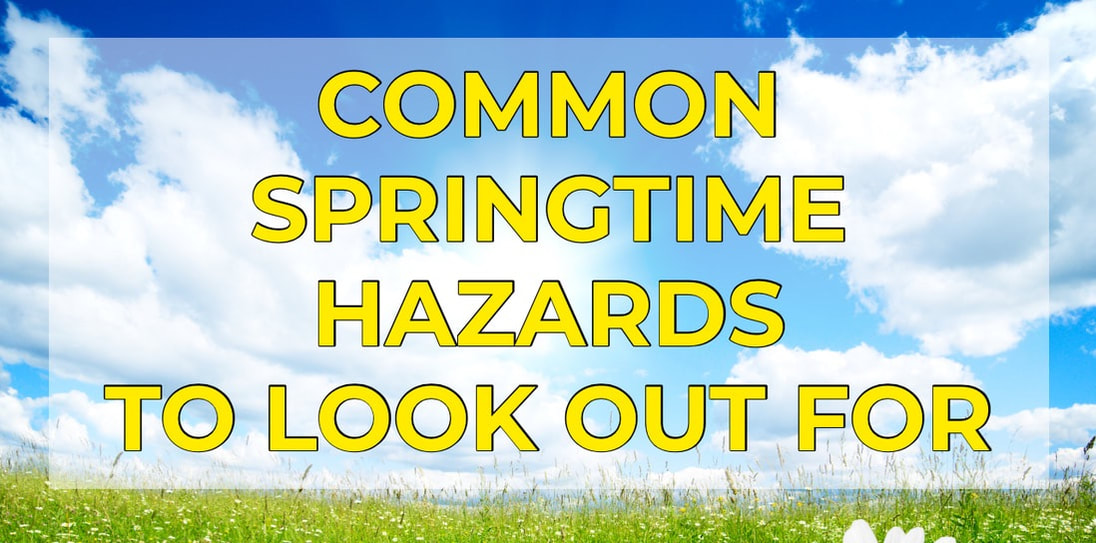Seasonal Insurance Trends: What to Expect and How to Prepare
The insurance industry, like many others, experiences seasonal trends that can significantly impact both policyholders and insurance providers. Understanding these trends is crucial for staying ahead of the curve and ensuring that your agency can effectively meet the changing needs of your clients. In this blog, we’ll explore some common seasonal insurance trends and offer tips on how to prepare for them.
1. Winter: Increased Claims for Property Damage and Auto Accidents
What to Expect:
- Property Damage: Winter weather conditions, such as heavy snow, ice, and freezing temperatures, often lead to an increase in property damage claims. Common issues include burst pipes, roof damage from snow accumulation, and water damage from ice dams.
- Auto Accidents: Slippery roads and reduced visibility during winter storms contribute to a higher number of auto accidents, leading to more claims for vehicle damage and personal injury.
How to Prepare:
- Proactive Communication: Reach out to your clients before the winter season to remind them of preventive measures they can take, such as insulating pipes and clearing gutters.
- Review Coverage: Encourage policyholders to review their coverage to ensure they have adequate protection for winter-related risks.
- Streamline Claims Processing: Prepare your claims team for a potential increase in claims by streamlining processes and ensuring they have the resources needed to handle the volume.
2. Spring: Flooding and Severe Weather Events
What to Expect:
- Flooding: Spring often brings heavy rains and melting snow, which can lead to flooding. Homeowners in flood-prone areas may see an increase in flood-related claims.
- Severe Weather: Spring is also a time for severe weather events such as tornadoes, hailstorms, and thunderstorms, which can cause significant property damage.
How to Prepare:
- Educate Clients: Inform your clients about the importance of flood insurance, especially if they live in high-risk areas. Provide information on how to mitigate flood damage.
- Emergency Preparedness: Offer tips on emergency preparedness, such as creating an emergency kit and having a family evacuation plan.
- Strengthen Partnerships: Work with local contractors and emergency services to ensure a quick response to claims and repairs.
3. Summer: Travel-Related Claims and Natural Disasters
What to Expect:
- Travel-Related Claims: With more people traveling during the summer, there is an increase in travel-related insurance claims, including trip cancellations, lost luggage, and medical emergencies.
- Natural Disasters: Summer also brings the risk of natural disasters such as hurricanes, wildfires, and severe thunderstorms.
How to Prepare:
- Promote Travel Insurance: Encourage clients to consider travel insurance for their summer vacations. Highlight the benefits and coverage options available.
- Disaster Preparedness: Provide resources and information on how to prepare for natural disasters. Offer policy reviews to ensure clients have adequate coverage.
- Enhance Customer Support: Be prepared for an influx of claims by enhancing customer support services and ensuring quick response times.
4. Fall: Reviewing Policies and Preparing for Winter
What to Expect:
- Policy Reviews: Fall is a good time for clients to review their insurance policies and make any necessary adjustments before the winter season.
- Winter Preparation: Clients start preparing their homes and vehicles for the upcoming winter, leading to inquiries about coverage for winter-related risks.
How to Prepare:
- Annual Reviews: Reach out to clients to schedule annual policy reviews. This is an opportunity to update coverage, discuss any changes in circumstances, and ensure they are adequately protected.
- Educational Campaigns: Run educational campaigns focused on winter preparation tips and the importance of adequate insurance coverage.
- Client Engagement: Use this time to engage with clients and strengthen relationships. Offer personalized advice and solutions to meet their needs.
Conclusion
Seasonal insurance trends can have a significant impact on your agency’s operations and client relationships. By understanding these trends and proactively preparing for them, you can better serve your clients and ensure the smooth operation of your agency. From winter property damage and auto accidents to spring flooding and summer travel claims, each season brings unique challenges and opportunities. Stay ahead of the curve by educating your clients, reviewing policies, and enhancing your claims processing capabilities. By doing so, you’ll be well-prepared to navigate the seasonal fluctuations in the insurance industry and provide exceptional service year-round.
.png?width=180&height=65&name=Untitled%20design%20(29).png)



